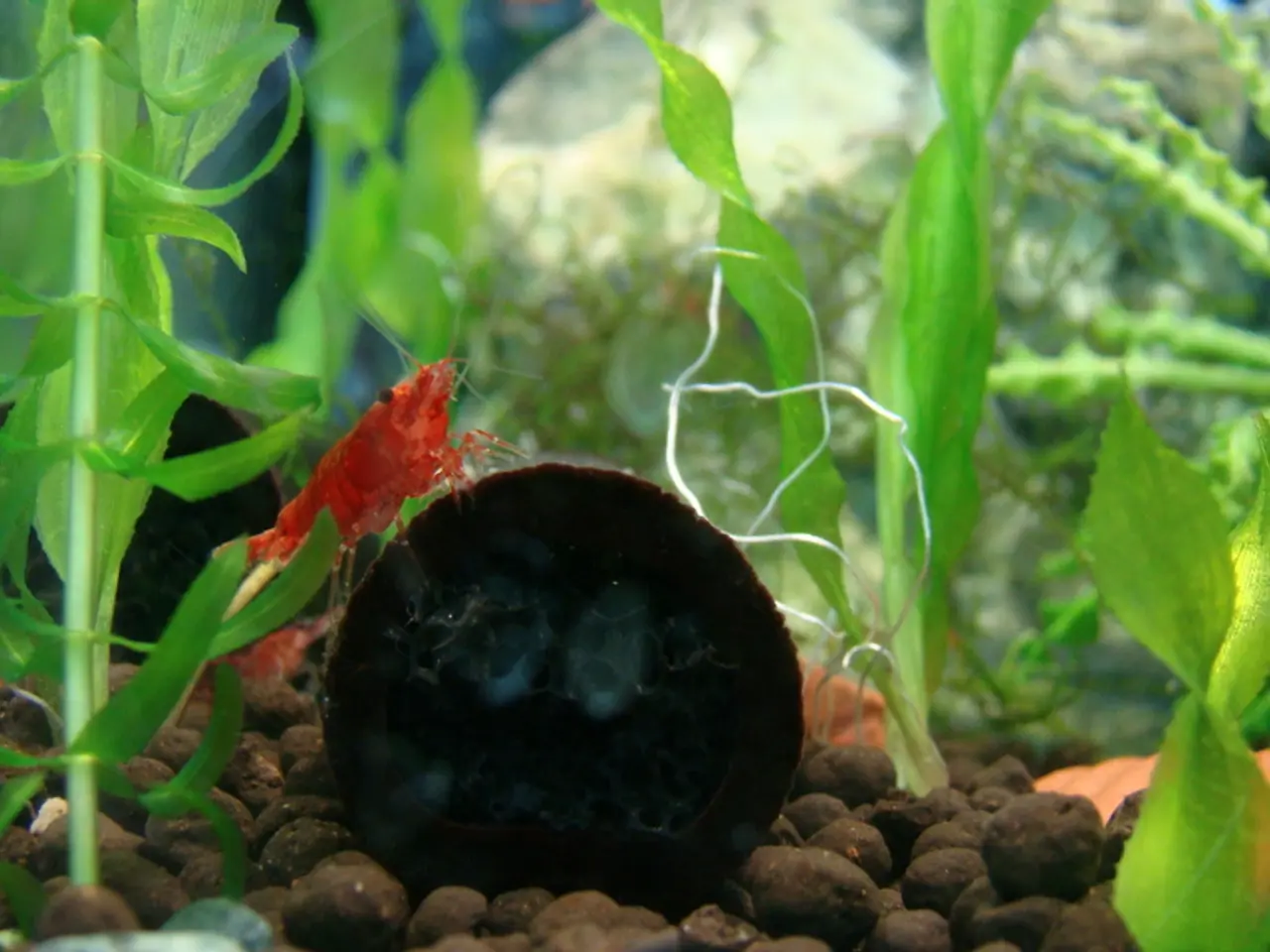Top News Highlights in Data Sphere
In the realm of technological advancements, July 2019 saw a flurry of exciting developments in the field of Artificial Intelligence (AI). This week's data news highlights cover a range of AI systems designed to improve healthcare, agriculture, and data analysis.
Researchers at the Mayo Clinic have made strides in the medical field with an AI system that can diagnose atrial fibrillation, an irregular heartbeat, in electrocardiographs (ECGs) with an impressive 90% accuracy. This breakthrough could significantly improve the effectiveness and efficiency of ECG screening.
Meanwhile, researchers at the Indian Institute of Technology have developed an AI system that acts as a pre-screening tool for esophageal cancer. With up to 99% accuracy and almost zero false-negative rate, this system could save countless lives by catching the disease early.
In the agricultural sector, researchers at North Carolina State University have developed a smartphone-based system that can detect late blight, a crop disease causing over $6 billion in annual losses, with over 95% accuracy. The system uses sensors that assess plant emissions to identify the disease in tomato leaves.
DeepMind researchers have also made a significant contribution to the medical field with an AI system that predicts acute kidney injury, a potentially fatal condition, in patients with 56% accuracy. The system uses electronic health records of 700,000 adults to make its predictions.
The fight against deepfakes has also seen progress, with researchers from JD.com, UC Santa Barbara, and UC Riverside developing an AI system that can detect deepfake images with up to 95% accuracy. The system identifies deepfakes by spotting manipulations at the single-pixel level and by noticing that boundaries of objects in deepfake images are often smoother than in natural images.
In the field of oncology, researchers from the Dana-Farber Cancer Institute have developed an AI tool that can automatically label radiology reports by the cancer outcome. This tool, which can annotate 30,000 reports with the correct treatment outcome in ten minutes, could significantly speed up research and data analysis in the fight against cancer.
Finally, researchers from the Czech Technical University have shown how computer vision systems can help art historians identify connections between different artists by analysing similarities in human poses in artwork.
These advancements highlight the potential for AI to revolutionise various sectors and improve our lives in numerous ways. As research continues, we can expect to see even more exciting developments in the near future.







